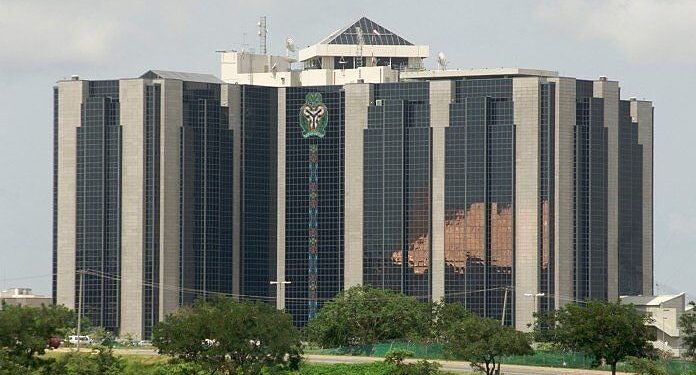Nigeria’s foreign exchange reserves have faced a notable setback, declining by approximately $1.02 billion over an 18-day period as the Central Bank of Nigeria (CBN) ramps up efforts to safeguard the naira.
As of March 18, 2024, the FX reserves stood at $34.45 billion. However, by April 3, it had fallen to $33.50 billion, according to the latest data from the CBN. This decline marks a departure from the previous trend of steady growth, which saw a remarkable surge of $1.28 billion over 43 days between February 5 and March 18, 2024.
The CBN attributed the earlier rise in reserves to increased remittances from Nigerians abroad, heightened foreign investor interest in local assets, reforms in the foreign exchange market, and an uptick in oil production. However, since March 18, there has been a notable drawdown in reserves, with figures gradually decreasing to $33.50 billion by April 3.
The CBN’s active interventions in the foreign exchange market, aimed at supporting the naira amidst various economic pressures, have likely contributed to the decline in FX reserves. During the 18-day period, the CBN made two significant announcements: the complete clearance of valid foreign exchange backlogs and the facilitation of foreign exchange sales to Bureau De Change operators in Nigeria at an exchange rate of N1,251/$1.
Typically, Nigeria’s foreign exchange reserves reflect its balance of payments and its ability to meet international obligations. A significant decline in reserves can dent investor confidence and potentially lead to a credit rating downgrade, impacting borrowing costs.
The International Monetary Fund (IMF) recently projected a substantial reduction in Nigeria’s foreign reserves, anticipating a drop to $24 billion by 2024. The IMF cited challenges in Nigeria’s financial account, driven by the absence of new Eurobond issuances, substantial repayments of existing funds and Eurobonds totaling $3.5 billion, and continued portfolio outflows, throughout 2024–25.
























